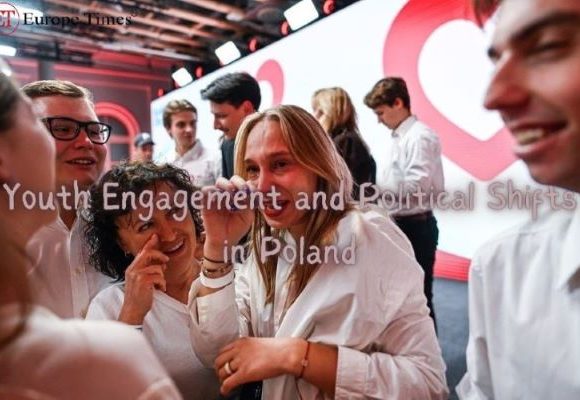
A popular YouTuber from Cyprus, Fidias Panayiotou, has been elected as an independent Member of the European Parliament (MEP). Known for his unconventional online antics, including attempting to hug 100 celebrities and spending a week in a coffin, the 24-year-old Panayiotou has over 2.6 million subscribers on YouTube. Despite having no prior political experience, he secured 19.4% of the vote, the third-largest share.
Mr. Panayiotou expressed his surprise at the election outcome, calling it a “miracle,” and emphasized that political parties need to modernize and listen to the people. Last year, he faced backlash in Japan for a video where he dodged train fares and a hotel bill by hiding in toilets and pretending to be ill, which amassed millions of views.
Celebrating his win at Eleftheria Square in Nicosia, Panayiotou declared that they were making history both in Cyprus and internationally. Initially, he ran for election to inspire youth engagement in politics, despite his own admission of limited political knowledge and never having voted before. His candidacy significantly boosted voter turnout in Cyprus, rising to nearly 59% from 45% in the 2019 elections, partly attributed to what analysts dubbed the “Fidias factor.”
Exit poll analysis by Philenews revealed that Panayiotou garnered 40% of the votes from the 18-24 age group and 28% from the 25-34 age group. The six Cypriot MEPs elected included representatives from the conservative DISY (25%), the communist party AKEL (22%), the ultranationalist ELAM (11%), and the centrist party Diko (10%).
Picture Courtesy: Google/images are subject to copyright

